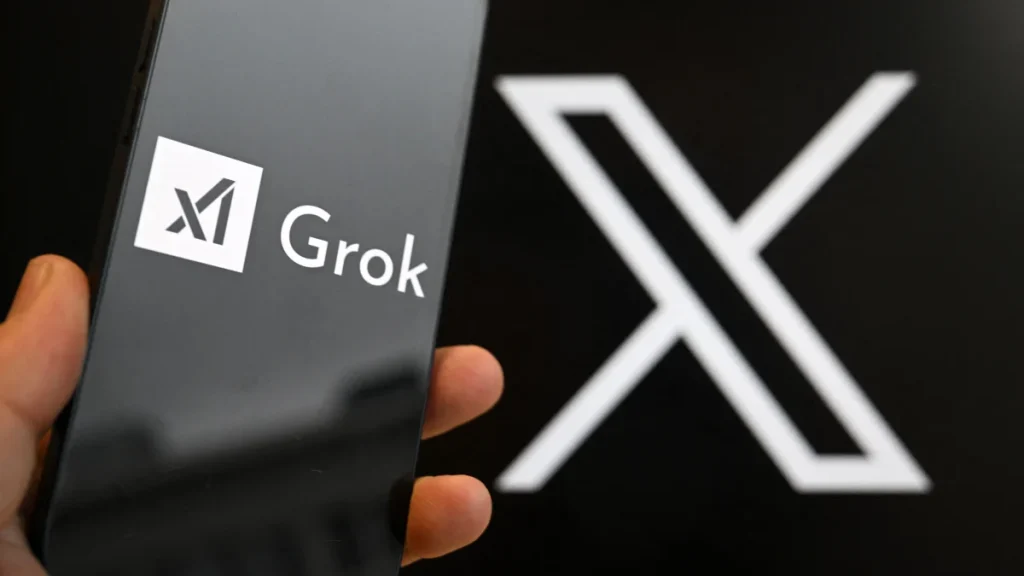In a groundbreaking move, Nigerian-based Riverside LNG is on the verge of securing the first-ever gas supply deal to South Africa. David Ige, the CEO of the Lagos energy firm, revealed plans to finalize the off-take agreement for the South African market, marking a significant milestone in the trade relations between the two nations.
The burgeoning gas market within a 3,000 nautical mile radius of Nigeria encompasses regions such as southern Africa, western Africa, northwest Europe, the Caribbean, and South America. This ambitious endeavor signals Nigeria’s strategic expansion into a global energy player.
Riverside LNG recently penned a lucrative gas export deal worth $500 million with Johannes Scheutze Energy Import AG in Germany, emphasizing the company’s commitment to renewable energy initiatives and international trade partnerships.
Nigeria’s push to attract foreign investment in its oil and gas sector is underpinned by efforts to address longstanding challenges such as crude theft, infrastructure aging, and operational bottlenecks. The government is implementing measures and incentives to entice investors and streamline the business landscape, with a focus on enhancing production and revenue.
South Africa, currently grappling with a severe electricity crisis, stands to benefit from this landmark agreement. The country’s state-owned electric utility, Eskom, is reeling from the strain of outdated infrastructure, leading to widespread power outages that impede economic activities. Corruption within Eskom is estimated to cost South Africa $55 million per month.
Nigeria’s ambition to elevate gas within its energy mix and boost exports aligns with its declaration of the ten years leading to 2030 as “the decade of gas.” With the largest proven natural gas reserves in Africa, Nigeria’s focus underscores its pivotal role in the continent’s energy landscape.
The Nigerian National Petroleum Corporation (NNPC) has made strategic strides, including a $5 billion investment in the first floating LNG project in the country. Additionally, NNPC Prime LNG Limited has entered into a significant deal in Dubai to bolster domestic LNG production, despite grappling with challenges such as pipeline theft, which poses environmental risks.
The Nigerian Gas Flare Commercialisation Programme, initiated by the government, aims to mitigate the impact of flared gas by companies on host communities, culminating in penalties worth billions of Naira over the past five years.
As Nigeria’s Train 7 Project nears completion, the country is poised to substantially escalate production capacity, solidifying its position as a leading gas producer. However, concerns persist regarding gas flaring volumes and repercussions for local communities, highlighting the complex balance between economic development and environmental responsibility.



